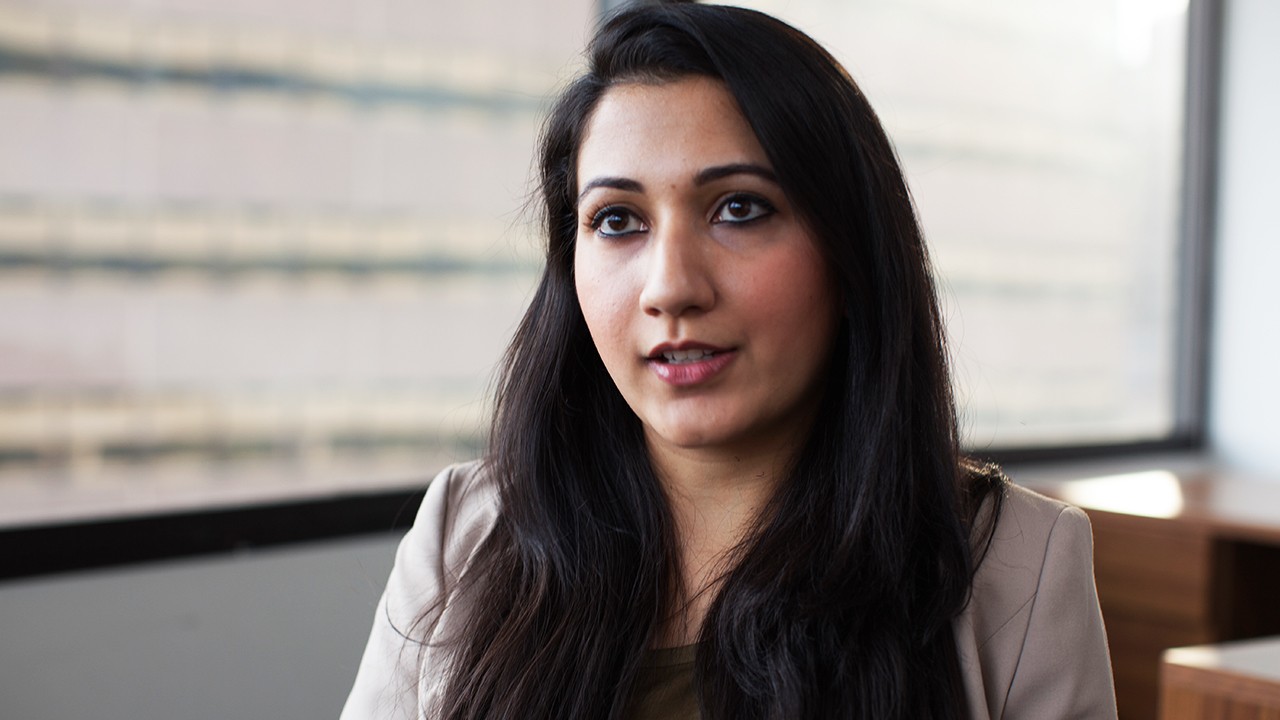Illustration via Aaron Barksdale.
On June 9, the United Nations concluded a week-long conference in New York designed to unite global leaders under an actionable plan to restore the world's oceans. The Ocean Conference culminated in a call for action, a roadmap of "long-term and robust" strategies agreed upon by the those of the 193 UN member states in attendance.Following its kickoff with a traditional welcome ceremony from Fiji, which co-hosted along with Sweden, the conference featured art installations, a short film narrated by Sir David Attenborough, music by Hans Zimmer, an appearance by UN Environmental Goodwill Ambassador Adrian Grenier and one by Sir Richard Branson, who took a shot at Trump in his remarks as well. The nods to spectacle did not override the solutions-focused air that prevailed throughout the week.Five new governments joined the campaign (Colombia, Israel, Netherlands, Peru and Seychelles) and over 20 additional ones participated in the events. The UN currently has 17 Sustainable Development Goals: global humanitarian and environmental targets to be achieved by 2030. SDG 14 pertains to the conservation and sustainable use of the ocean and its resources. This conference was the first of its kind to gather the world's leaders and experts around a single SDG, a feat that numerous speakers put down to the great unifying presence of the ocean itself; its decline threatens everyone, everywhere in the world.Climate change and a failing global ocean might hit some of us harder or sooner than others, but ultimately do not discriminate.The week produced more than 1,300 voluntary commitments -- from governments, the private sector, NGOs, scientists, and so forth -- to take specific actions aimed at keeping SDG 14 on target. Plus private sector partnerships from companies like DELL, Adidas, Coca Cola, Virgin, and Volvo were extended.In his opening remarks, President of the UN General Assembly Peter Thomson referred to the conference as "the time to which the good stewards of the future will look back on as the turning point, the moment when we begin the reversal of that cycle of decline of the ocean." Thomson, who said during a press briefing that he "choked up" during a presentation on coral deterioration in Fiji, told the media on the final day of the conference that he was 100-percent satisfied with its outcome -- meaning, he believes we are beginning the global reversal of ocean decline.A universal point of emphasis among the speakers in attendance was the status of the ocean as inextricably tied to climate change. The worsening health of the world's oceans is not a single problem so much as it's an interdisciplinary one under a single umbrella. Carbon accumulation, ocean acidification and deoxygenation, pollution, reef decline, melting ice caps, sea level rise, and violent storms are all related and feeding off each other, and whatever actual change arises from this conference will owe to its intersectionality. In addition to the main plenary meetings and partnership dialogues included 41 exhibitions and dozens of side panels presenting individual proposals for tackling everything from coastal erosion to black-market fishing. The unprecedented nature of the conference allowed for a new level of inter-agency coordination within the UN itself.
Check out more videos from VICE:
A New York-based event stressing international scientific and environmental cooperation in the immediate aftermath of President Trump's decision to pull the United States out of the Paris climate agreement could have been perceived as incongruous. But while the tension from that development was pervasive, numerous speakers framed it as either strengthening (or at least not detracting from) the plan of action shared by nearly every other governing body on Earth."We now live in the years of action and implementation. These are the years when we must demonstrate fidelity to our two life-saving agreements," Thomson said in his prepared remarks, referring to the Paris Accord and the 2030 Agenda. "The years when we ceased to steal from the future of our grandchildren. The great mass of humanity and the governments that lead us are indeed staying true to the remedial path that we have set."Meanwhile, other officials called out the threat early and by name."This is the first time the global community has come together when we had, I would say, the very regrettable decision from the United States to withdraw from the Paris Agreement," Deputy Prime Minister of Sweden Isabella Lovin told the media in attendance. "And I think the linkage between the effects of climate change to the threats of our ocean is more than clear to us here who have gathered here at the UN."Lovin, whom you might remember from her extremely excellent Trump subtweet earlier this year, went on to acknowledge that many regions and communities within the United States had pledged to uphold the agreement nonetheless, and on the final day of the conference said she sees the call for action "as a sort of to-do list for the world." The timeline of benchmarks we need to hit for SDG 14 is clear -- it won't be too long before we know if that to-do list was enough.By 2020, when the conference might hopefully reconvene, the UN aims to have upwards of 10 percent of global marine areas protected, a figure that was on track to be about half that before this week's surge of related voluntary commitments. Representatives presented an Avaaz petition to eliminate single-use plastic within five years, which to date more than 1 million people have signed.The UN announced a new three-year program to train 200 individuals in developing countries in marine science and various other SDG 14-conducive disciplines. Numerous countries pledged to adopt strategies for reducing sewage and plastic pollution. "No-take" zones to ensure sustainable fishing practices are being implemented, and a new effort to block illegal tuna from entering the market launched before lunch on the first day.The plan is set, but the work still needs to be done. In the meantime, you can help by taking to social media and participating in the UN's #CleanSeasPhoto Campaign.
Advertisement
Advertisement
Check out more videos from VICE:

A New York-based event stressing international scientific and environmental cooperation in the immediate aftermath of President Trump's decision to pull the United States out of the Paris climate agreement could have been perceived as incongruous. But while the tension from that development was pervasive, numerous speakers framed it as either strengthening (or at least not detracting from) the plan of action shared by nearly every other governing body on Earth."We now live in the years of action and implementation. These are the years when we must demonstrate fidelity to our two life-saving agreements," Thomson said in his prepared remarks, referring to the Paris Accord and the 2030 Agenda. "The years when we ceased to steal from the future of our grandchildren. The great mass of humanity and the governments that lead us are indeed staying true to the remedial path that we have set."
Advertisement
